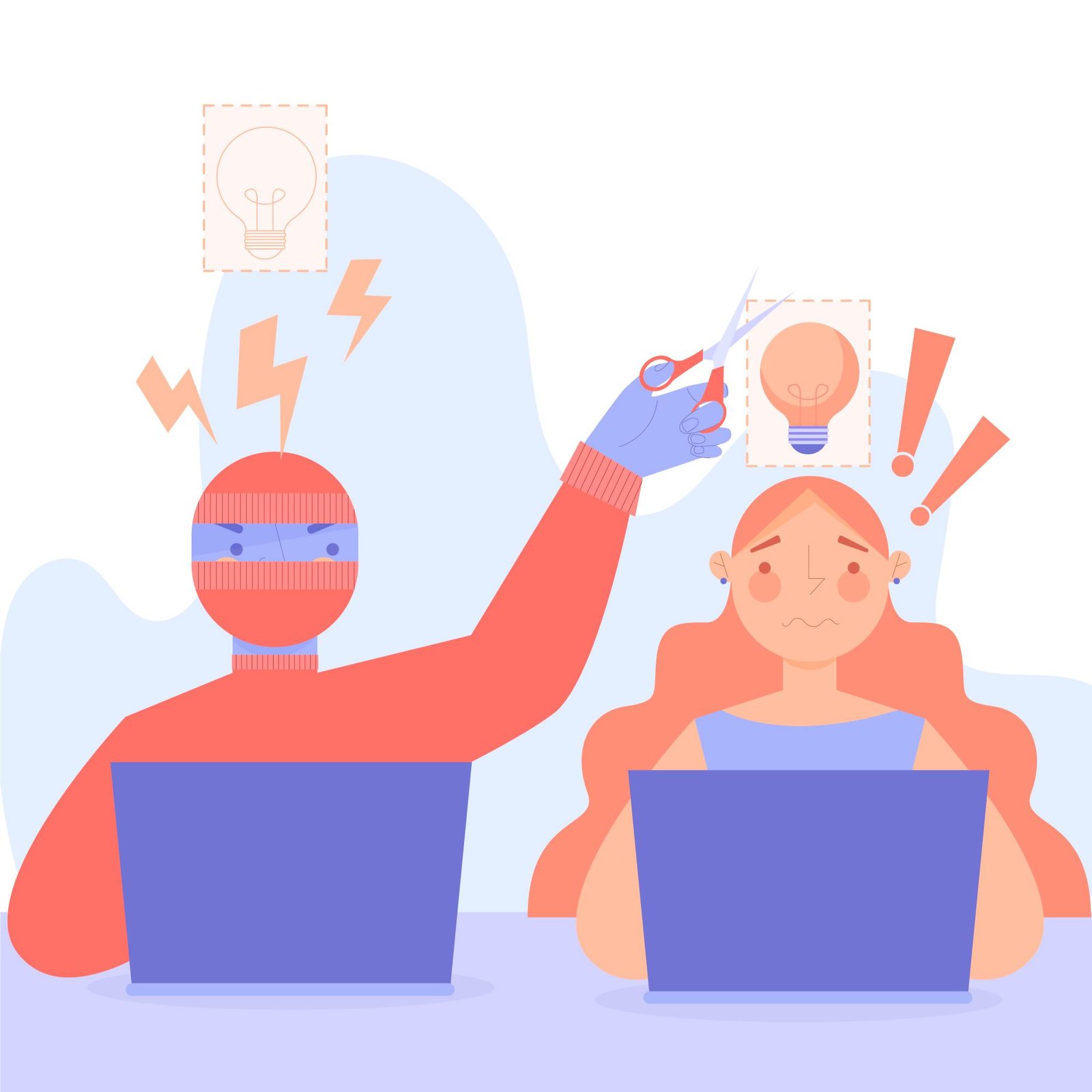7 Effective Strategies to Retain What You Read. In today’s information age, reading is essential for academic purposes, professional development, or personal growth. However, with the vast amount of information available, it can be challenging to retain what you read. Whether tackling complex textbooks, articles, or novels, remembering and applying what you’ve read is crucial. This article explores seven effective strategies to help you retain more of what you read, providing a comprehensive guide to enhancing your reading experience.
1) Active Reading: Engage with the Material

Active reading is a technique that transforms passive reading into an interactive process, helping to increase your understanding and retention of the material. Rather than simply reading the words on the page, active reading involves engaging with the text by asking questions, making connections, and summarizing key points.
How to Practice Active Reading:
- Ask Questions: As you read, ask yourself questions like “What is the main idea?” or “How does this information relate to what I already know?” This will help you stay focused and deepen your understanding.
- Make Predictions: Try to anticipate what will happen next or what the author will discuss in the following sections. This keeps your mind engaged and makes the material more memorable.
- Summarize as You Go: Periodically stop to summarize what you’ve read in your own words. This forces you to process the information actively and helps to solidify it in your memory.
2) Take Notes: Reinforce Your Learning

Taking notes is one of the most effective ways to reinforce learning and enhance retention. Writing down key points, summaries, and insights as you read helps to create a mental map of the material, making it easier to recall later.
Effective Note-Taking Techniques:
- Highlight Key Points: Use a highlighter or underline important passages. This helps you identify and focus on the most critical information.
- Write Summaries: After reading a chapter or section, write a brief summary in your own words. This forces you to distill the information and reinforces your understanding.
- Use a Notebook or Digital Tool: Whether you prefer traditional notebooks or digital tools like Evernote, OneNote, or Notion, having a dedicated place for your notes ensures you can easily revisit them when needed.
Taking notes reinforces the material and provides a valuable reference for future review, further enhancing retention.
3) Teach What You’ve Learned: Deepen Your Understanding

Teaching is a powerful way to reinforce your learning and improve retention. When you teach someone else, you must organize your thoughts, clarify your understanding, and explain concepts in a way that makes sense to another person. This process deepens your comprehension and helps to embed the information in your memory.
Ways to Teach What You’ve Learned:
- Discuss with a Friend: Share what you’ve learned with a friend or colleague. Explaining the material aloud helps you process it more deeply.
- Write a Blog Post: Writing about what you’ve read forces you to organize your thoughts and present the information. This enhances retention and allows you to share insights with a broader audience.
- Create a Video or Presentation: Teaching through video or presentations is another effective method. The visual and auditory aspects of teaching through these mediums can reinforce your learning and make the information more memorable.
By teaching what you’ve learned, you transition from a passive consumer of information to an active participant in the learning process, significantly enhancing retention.
4) Use Visualization Techniques: Create Mental Images

Visualization is a powerful memory aid that can help you retain complex information by creating mental images or diagrams representing your learning concepts. When you associate information with vivid imagery, it becomes easier to recall.
How to Use Visualization:
- Create Mental Pictures: As you read, try to visualize the concepts or scenarios described in the text. For example, imagine the scene in your mind, complete with characters, actions, and settings if you’re reading about a historical event.
- Draw Diagrams or Mind Maps: Create diagrams or mind maps for more complex information, such as processes or relationships between ideas. These visual representations help organize information and make it more accessible in your memory.
- Use Symbolism: Sometimes, it helps to associate abstract concepts with concrete images. For instance, you might visualize a tree representing a decision-making process, with each branch representing a different choice or outcome.
Visualization techniques tap into the brain’s natural ability to remember images and associations, making it easier to recall the information when needed.
5) Apply What You’ve Read: Connect Theory to Practice

One of the most effective ways to retain what you’ve read is to apply the information in real life. Using new knowledge in practical situations reinforces the material and helps connect it to your existing knowledge base.
Ways to Apply What You’ve Read:
- Practice New Skills: If you’re reading about a new skill or technique, practice it as soon as possible. For example, if you’re learning about a new software tool, try using it in a real project.
- Discuss in a Relevant Context: Bring up what you’ve learned in discussions with peers, colleagues, or online communities. Relating the information to real-world situations makes it more memorable.
- Implement Ideas in Your Work: If you’re reading to improve your professional skills, apply the concepts in your daily work. Whether it’s a new strategy, a different approach to problem-solving, or a change in your workflow, using the knowledge helps cement it in your memory.
By applying what you’ve read, you move from theoretical understanding to practical knowledge, making the information more meaningful and more straightforward to recall.
6) Review Regularly: Reinforce Long-Term Memory.

Regular review is essential for transferring information from short-term to long-term memory. Spaced repetition, where you review material at increasing intervals, is particularly effective in enhancing retention.
Effective Review Strategies:
- Spaced Repetition: Review your notes or summaries at regular intervals. Start by reviewing shortly after reading, then extend the time between reviews (e.g., after one day, one week, one month).
- Quiz Yourself: Testing your knowledge is a highly effective way to reinforce learning. Create flashcards, use quiz apps, or ask yourself questions about the material.
- Revisit Original Material: Occasionally, return to the original text to refresh your memory. This can help you pick up on details you may have missed the first time and deepen your understanding.
Regular review helps reinforce your memory, making it easier to retain information over the long term.
7) Get Plenty of Sleep: Support Memory Consolidation.

Sleep plays a crucial role in memory consolidation, the process by which your brain organizes and stores information. During sleep, the brain processes the information you’ve absorbed during the day, making it easier to recall later.
Tips for Sleep and Memory:
- Prioritize Quality Sleep: Aim for 7-9 hours of sleep per night. A well-rested brain is more efficient at processing and storing information.
- Sleep After Learning: After a heavy reading session, getting a good night’s sleep can help consolidate the information. Naps can also be beneficial, especially if you’re studying or reading for extended periods.
- Maintain a Consistent Sleep Schedule: Consistency in your sleep patterns can improve overall cognitive function, including memory retention.
Ensuring you get enough sleep gives your brain the best chance to retain and recall the information you’ve read.
Conclusion
Retaining what you read is a skill that requires active engagement, consistent practice, and a holistic approach to learning. By incorporating the strategies outlined above—active reading, note-taking, teaching, visualization, application, regular review, and sufficient sleep—you can significantly improve your ability to remember and apply the information you encounter. These techniques enhance retention and enrich your overall reading experience, making you a more effective and insightful reader. Start implementing these strategies today, and watch your comprehension and retention of reading material soar.






I am really inspired with your writing talents and also with the format for your blog. Is this a paid theme or did you customize it your self? Either way stay up the nice high quality writing, it is rare to peer a nice weblog like this one today!